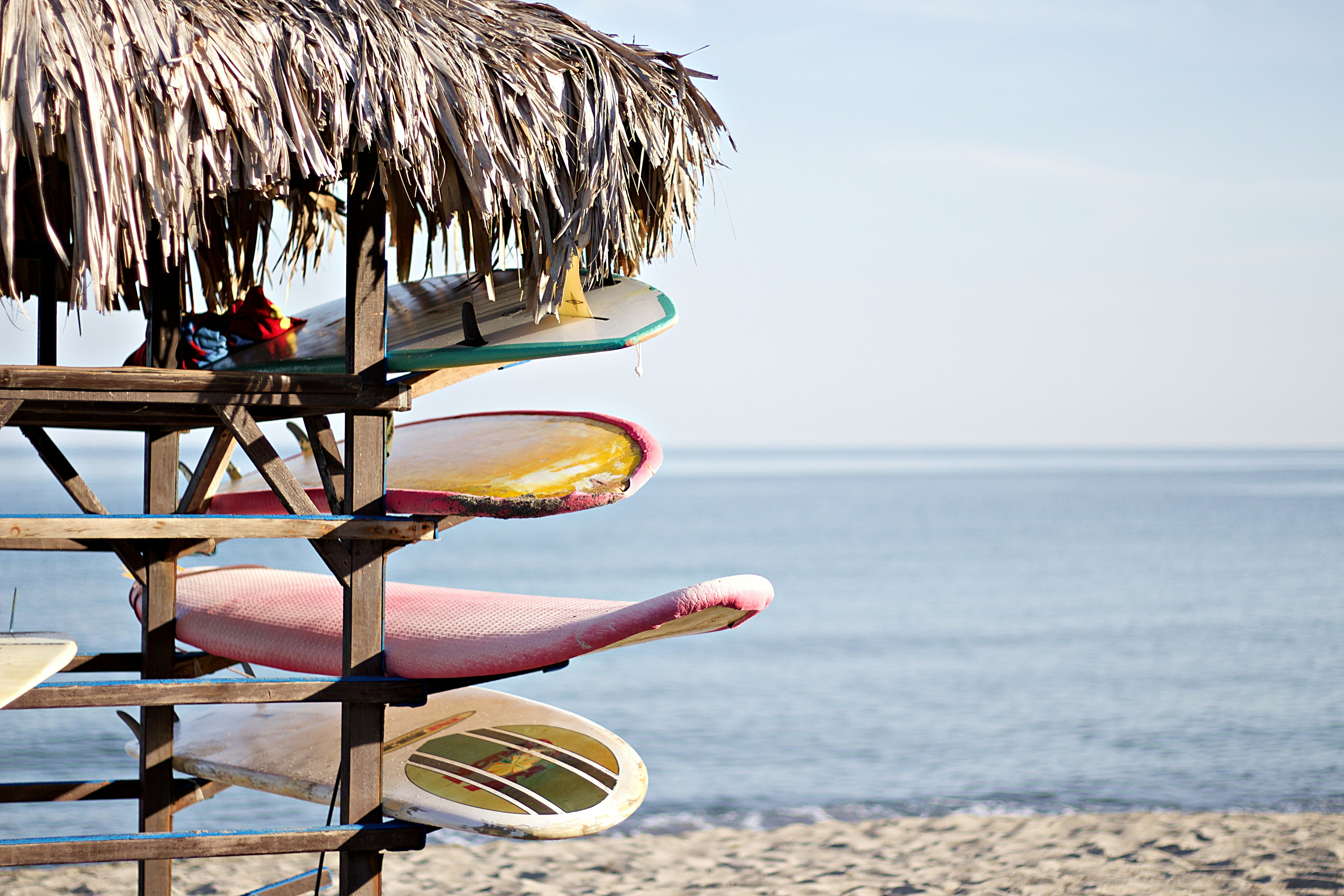Eco-Friendly Beach Hacks Minimize Your Impact on the Environment
A day at the beach is a cherished summer pastime, but it’s essential to remember that our actions can have a significant impact on the environment. With the growing awareness of environmental issues, many beachgoers are seeking ways to enjoy the sun and sand while minimizing their ecological footprint. Here are some simple, yet effective, eco-friendly beach hacks to help you protect the environment while you soak up the sun.
1. Pack Reusable Essentials
One of the easiest ways to reduce your environmental impact is by eliminating single-use plastics. Start by packing reusable items such as water bottles, food containers, and utensils. Opt for a sturdy, reusable cooler bag instead of a disposable one, and consider bringing a stainless steel straw or bamboo cutlery for your beach snacks. Not only will you reduce plastic waste, but you’ll also find that these items are often more durable and convenient for repeated use.
2. Choose Eco-Friendly Sunscreen
Many conventional sunscreens contain chemicals like oxybenzone and octinoxate, which can harm marine life, particularly coral reefs. To protect both your skin and the ocean, opt for reef-safe sunscreens made with mineral-based ingredients like zinc oxide or titanium dioxide. These sunscreens provide effective UV protection without contributing to coral bleaching or polluting the water.
3. Bring Your Own Beach Gear
Avoid renting or buying low-quality beach gear that might end up as waste. Instead, invest in durable, reusable items such as beach chairs, umbrellas, and mats. Look for products made from recycled materials or natural fibers like cotton or jute. If you’re a frequent beachgoer, consider creating a beach kit that includes all your essentials, making it easier to avoid last-minute purchases of disposable items.
4. Mind Your Trash
Leave no trace by being mindful of your waste. Bring a reusable trash bag or a small container to collect any litter you generate during your beach trip. Be sure to separate recyclables from non-recyclables, and if there are no recycling bins available at the beach, take your recyclables home with you. Additionally, take part in beach cleanups or make it a habit to pick up a few pieces of litter each time you visit the beach.
5. Avoid Single-Use Plastics
Single-use plastics like straws, plastic bags, and wrappers are some of the most common items found polluting beaches and oceans. To minimize your plastic use, bring your snacks in reusable containers, and avoid purchasing pre-packaged foods that come with excess plastic. For drinks, skip the plastic straw and opt for reusable options made from stainless steel, silicone, or bamboo.
6. Opt for Eco-Friendly Transportation
Getting to the beach in an eco-friendly way can significantly reduce your carbon footprint. Consider carpooling with friends, taking public transportation, or riding a bike if you live nearby. Not only will you reduce emissions, but you’ll also save on parking fees and contribute to less crowded beach lots.
7. Respect Wildlife
Be mindful of the local wildlife when visiting the beach. Avoid disturbing animals, nesting sites, or habitats, and keep a safe distance from birds, sea turtles, and other creatures. If you encounter marine life, admire them from afar and avoid touching or feeding them. Remember that leaving the environment undisturbed is crucial for the well-being of local ecosystems.
8. Choose Sustainable Beachwear
Your choice of beachwear can also have an impact on the environment. Look for swimwear made from recycled materials or sustainable fabrics like organic cotton or hemp. Many eco-friendly brands now offer stylish and durable options that prioritize environmental responsibility. Additionally, avoid using glitter or sequins, as these small particles can easily end up in the ocean and contribute to microplastic pollution.
9. Use Biodegradable Products
If you plan to bring disposable items, choose biodegradable alternatives. For example, opt for biodegradable plates, cups, and cutlery instead of plastic ones. These items break down more quickly and are less harmful to the environment. Be sure to dispose of them properly, as even biodegradable products need the right conditions to decompose effectively.
10. Educate and Encourage Others
Finally, one of the most powerful ways to minimize your environmental impact is by spreading awareness. Share your eco-friendly beach habits with friends and family, and encourage them to adopt similar practices. By leading by example and educating others, you can contribute to a broader movement toward sustainable beach outings.
Enjoying a day at the beach doesn’t have to come at the expense of the environment. By making small changes and adopting eco-friendly habits, you can help preserve the beauty of our oceans and beaches for future generations. Remember, every little action counts, and together, we can make a significant impact in protecting our planet. So, pack your reusable gear, choose eco-friendly products, and enjoy your beach day knowing you’re doing your part to keep our shores clean and pristine.










Post Comment